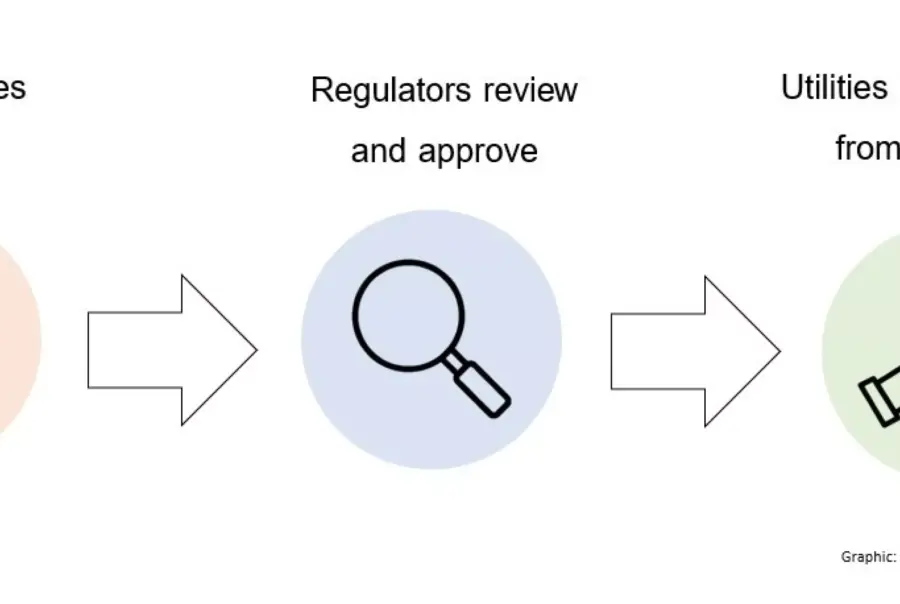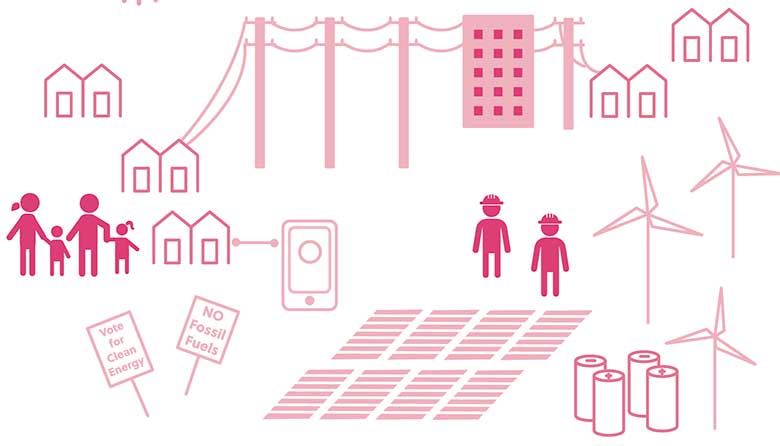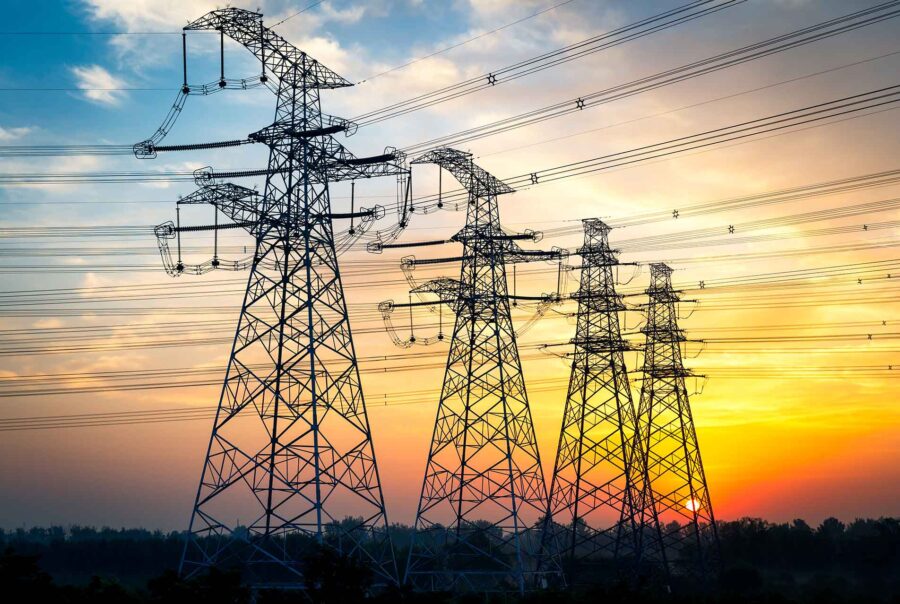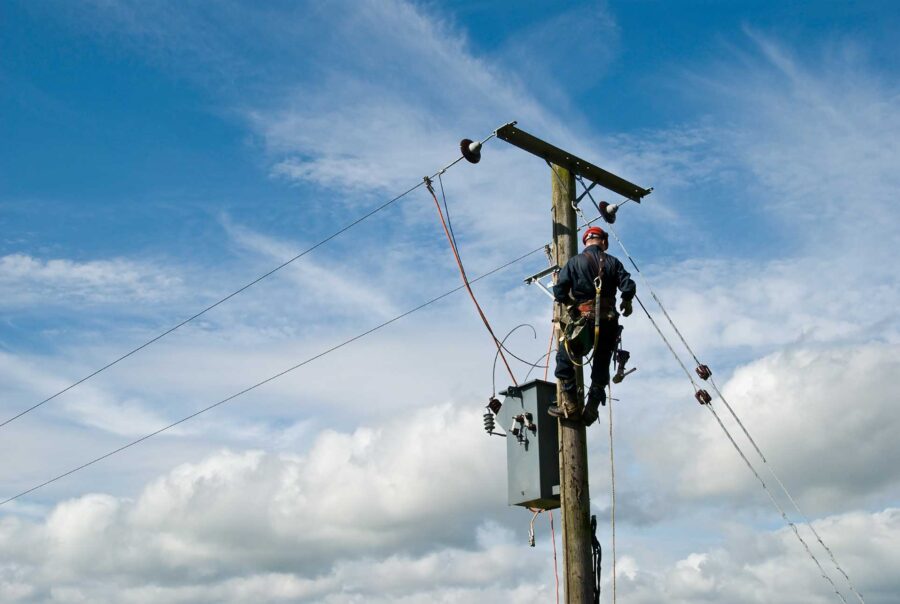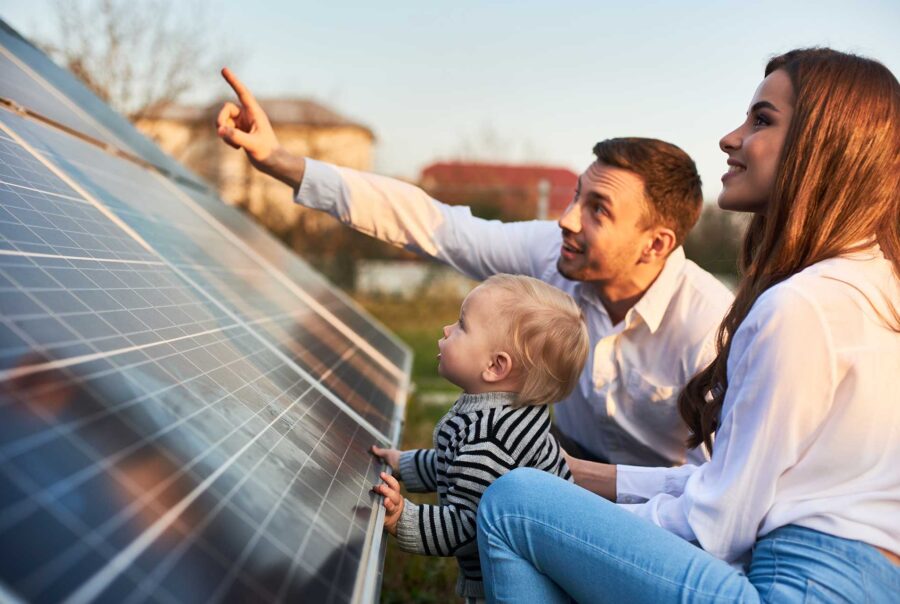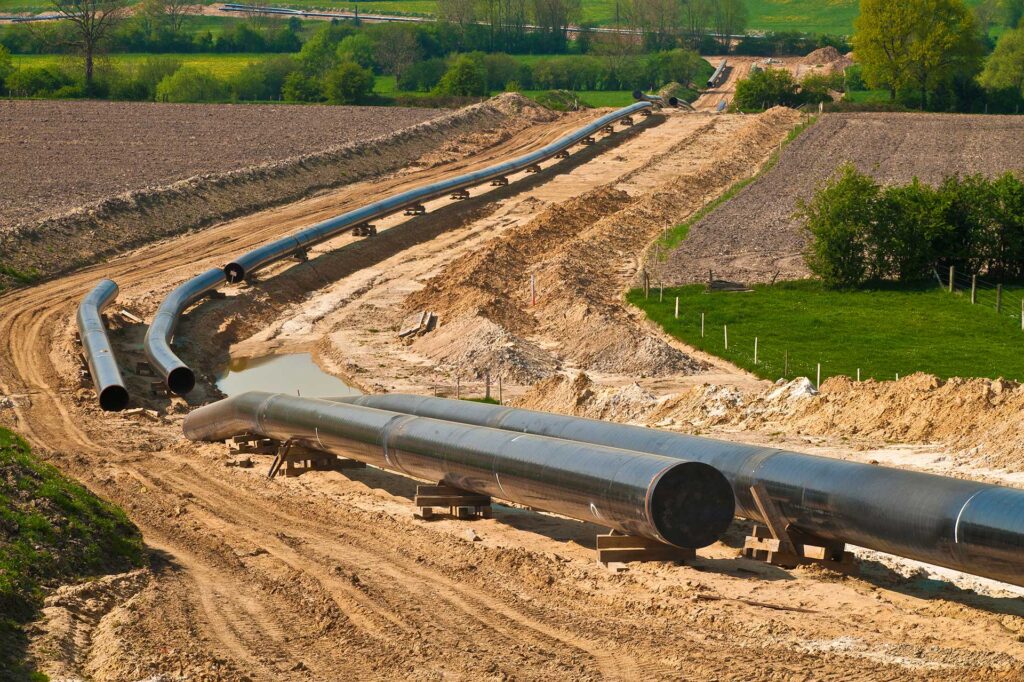Training
Utility Tactics: How Utilities Achieve Their Goals
Background: How public utilities were formed
Utilities were initially created to facilitate investment in a public service that was difficult for individuals to provide on their own. In the 1930s, agreements were reached in states to create regulated monopoly utilities, usually investor-owned. Other ownership structures, such as municipal ownership and electric coops, have generally less commission oversight.
In Illinois, utilities are required to deliver reliable electricity that’s as clean and low-cost as possible. As described in state documents, electricity must me “adequate, efficient, reliable, environmentally safe, and least cost.
In exchange for their service, utilities are allowed to recover costs and a profit, called a “guaranteed rate of return.” In Illinois, ICC reviews and approves costs that are “prudent and reasonable.”
Utilities generally aim to protect shareholders by increasing profits and decreasing costs. Utilities have an incentive to build out infrastructure: for operational costs they can only recoup the cost of operations, but for capital investments they can recoup costs plus a profit.
Utility influence
Utilities aim to maintain a positive brand image and minimize outside influence. They derive their influence through enormous lobbying expenses, and through allies in the oil and gas industry such as the Koch Brothers, Edison Electric Institute, the American Petroleum Institute, American Gas Association, and “big oil” including Exxon, Shell and BP.
Big oil takes in enormous earnings — $32.6 billion in just Q1 of 2023 — and spends an enormous amount on lobbying: five oil companies spent a combined $452.6 million lobbying the federal government since 2011, and around $750 million annually on climate-focused communications.
Problematic tactics
Greenwashing
Companies make commitments toward a cleaner energy future but their actions do not align with this vision. Most big oil lobbying money goes toward policies that are oppositional to clean energy progress and international climate commitments. Gas companies misleadingly market themselves as “clean,” even move away from saying “oil” and “gas” in favor of terms like “integrated energy.”
Misinformation through media
Influencers, social media and others amplify misinformation, with messages such as: “it would be dangerous to rely only on renewables,” “don’t let anyone take away your energy choices,” “food tastes better cooked on a gas range,” or “solar is a trick by wealthy people to make poor people pay more for their energy.” Historically, media have failed to connect climate impacts to climate change or fossil fuels, much less naming the companies most responsible for the problem.
Using donations to build support and advance goals
Utilities often give money to local groups and political leaders to quell criticism and mute voices for change.
Investing in costly fossil fuel infrastructure that blocks clean energy progress
Fossil infrastructure proposals baked into integrated resource plans, and incentives for false solutions like hydrogen and carbon capture, result in profits staying in the hands of the few, preserving the old energy ways.
New policies could start to change the model
- Ban or limit utility political spending
- Ensure customer payments are not being used to enable utilities to pay for trade association membership dues or to lobby against community interests.
- Implement performance-based incentives or ratemaking that provide
- Conduct third party evaluations on programs (energy efficiency, bill assistance, outreach, workforce diversity)
- Integrated Resource Plans with equitable investments in clean energy and energy efficiency measures



